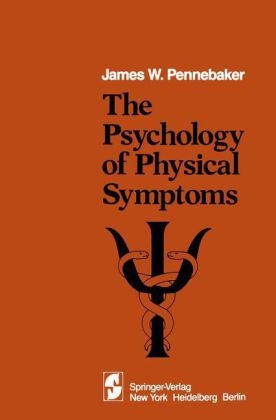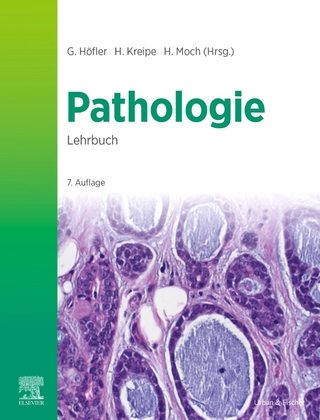The Psychology of Physical Symptoms
Springer-Verlag New York Inc.
978-0-387-90730-7 (ISBN)
- Titel ist leider vergriffen;
keine Neuauflage - Artikel merken
And so began the present inquiry. Despite the pervasiveness, importance, and sheer amount of time and money devoted to discussing and curing common physical symptoms and sensations, very little empirical work has been devoted to examining the psychological and perceptual factors related to sensory experience. Occa- sional papers have tested a specific theory, such as cognitive dissonance, wherein physical symptoms served as an interesting dependent measure.
1 Introduction and Overview.- Boundary Conditions Surrounding Symptom Reporting.- Demographic and Cultural Comparisons.- Experimental and Theoretical Approaches.- Plan of This Book.- 2 Perceptual Processes I: Competition of Cues.- The Perceptual Process.- Orienting and Competition of Cues.- Concluding Remarks.- 3 Perceptual Processes II: Schemas, Selective Search, and Inference.- Selective Monitoring of Specific Sensations.- Selective Monitoring of Categorical or Higher Order Body States.- Inference of Physical Symptoms.- Generality of Schema-Directed Search.- Implications and Conclusions.- 4 Accuracy of Perception Relative to Physiological State.- Measurement of Accuracy: Between-Subjects Versus Within-Subject Approaches.- Situational and Dispositional Factors and Accuracy.- Is Accuracy Unidimensional?.- Conclusions and Future Directions Concerning Accuracy.- 5 Cognitive Organization I: Emotions.- Symptoms and Emotions: Perceptual Specificity.- Causal and Temporal Relationships Between Symptoms and Emotions.- Physiological Search for the Symptom-Emotion Link.- Toward an Understanding of the Emotion-Symptom Link.- Summary.- 6 Cognitive Organization II: Blood Pressure and Blood Glucose.- Blood Pressure and Blood Glucose Research Projects.- Bases of Cognitive Organization: Through the Looking Glass.- Conclusions and Implications.- 7 Personality and Developmental Correlates.- Measurement and Construct Validity of Symptom Reporting.- Personality Correlates of Symptom Reporting.- Habits and Daily Behaviors of the Symptom Reporter.- Developmental Issues in Symptom Reporting.- Composite Picture of the Symptom Reporter.- 8 Summary and Conclusions.- Adaptive and Functional Bases of Symptoms.- Applications of Symptom Research.- Current Problems and Future Directions.- Appendix A Symptom/Emotion Checklist: A State Measure.- Sample Symptom-Emotion Checklist.- Measurement Parameters of Checklist.- Appendix B The PILL: A Trait Measure.- The Pennebaker Inventory of Limbic Languidness.- Measurement Parameters of the PILL.- References.- Author Index.
| Zusatzinfo | biography |
|---|---|
| Verlagsort | New York, NY |
| Sprache | englisch |
| Gewicht | 485 g |
| Themenwelt | Geisteswissenschaften ► Psychologie |
| Medizin / Pharmazie ► Medizinische Fachgebiete ► Psychiatrie / Psychotherapie | |
| Studium ► 2. Studienabschnitt (Klinik) ► Pathologie | |
| ISBN-10 | 0-387-90730-0 / 0387907300 |
| ISBN-13 | 978-0-387-90730-7 / 9780387907307 |
| Zustand | Neuware |
| Haben Sie eine Frage zum Produkt? |
aus dem Bereich




